How Cultural Views on Singleness Have Shifted in the Last 50 Years
Over the last half-century, Western culture has dramatically redefined relationships, marriage, and identity. The old norms that once governed “when” and “why” people married have loosened; technology has reshaped how we meet; and the economy has shifted how we plan our futures.
In this swirl of change, many Christian singles feel pulled in opposite directions: the world’s scripts promise freedom or constant romance, while certain church subcultures can unintentionally send the message that maturity equals marriage. S.A.L.T. exists to cut through that noise with Scripture—helping you study the Bible for yourself, hear God’s heart, and live your single years with purpose and intimacy with Jesus.
Below is a sober, hope-filled report on how cultural views of singleness have changed since the 1970s, what those shifts have meant for the church, and how God’s Word frames your season today.
1) The Cultural Story: From “Marriage by Default” to “Self by Design”
 1970s–1980s: Marriage as a milestone of adulthood.
1970s–1980s: Marriage as a milestone of adulthood.
Fifty years ago, most people expected to marry relatively young. Neighborhoods and churches often organized social life around couples and families. Singleness was seen as temporary, a brief hallway you pass through on the way to the “real room.” Even then, the sexual revolution was remaking expectations about sex and commitment, but marriage still functioned as a common life anchor.
1990s–2000s: Choice, Customization, and Delay.
Higher education expanded, career paths diversified, and many people began delaying marriage to pursue goals or establish financial stability. Cohabitation grew more accepted. Dating shifted from community-mediated introductions to internet profiles, “chemistry” quizzes, and the first wave of swipe culture. Singleness became less stigmatized—but often more individualized and disconnected.
2010s–2020s: The Era of Options—and Overwhelm.
With smartphones and apps, choice multiplied. We learned to curate everything from our playlists to our people. Yet more options did not always mean better outcomes. Many singles reported decision fatigue, ghosting, transactional expectations, and loneliness in a hyperconnected world.
The cultural script framed singleness as either a holding pattern (until you find “the one”) or a platform for self-optimization (until you’re “ready”). Both lenses keep the self at the center and can breed anxiety, comparison, and paralysis.
Key cultural takeaway: The world largely moved from viewing singleness as a problem to be fixed to a personal brand to be managed. Neither view answers your deeper spiritual questions about identity, calling, holiness, or community.
2) The Church’s Mixed Messages: Good Intentions, Unintended Burdens
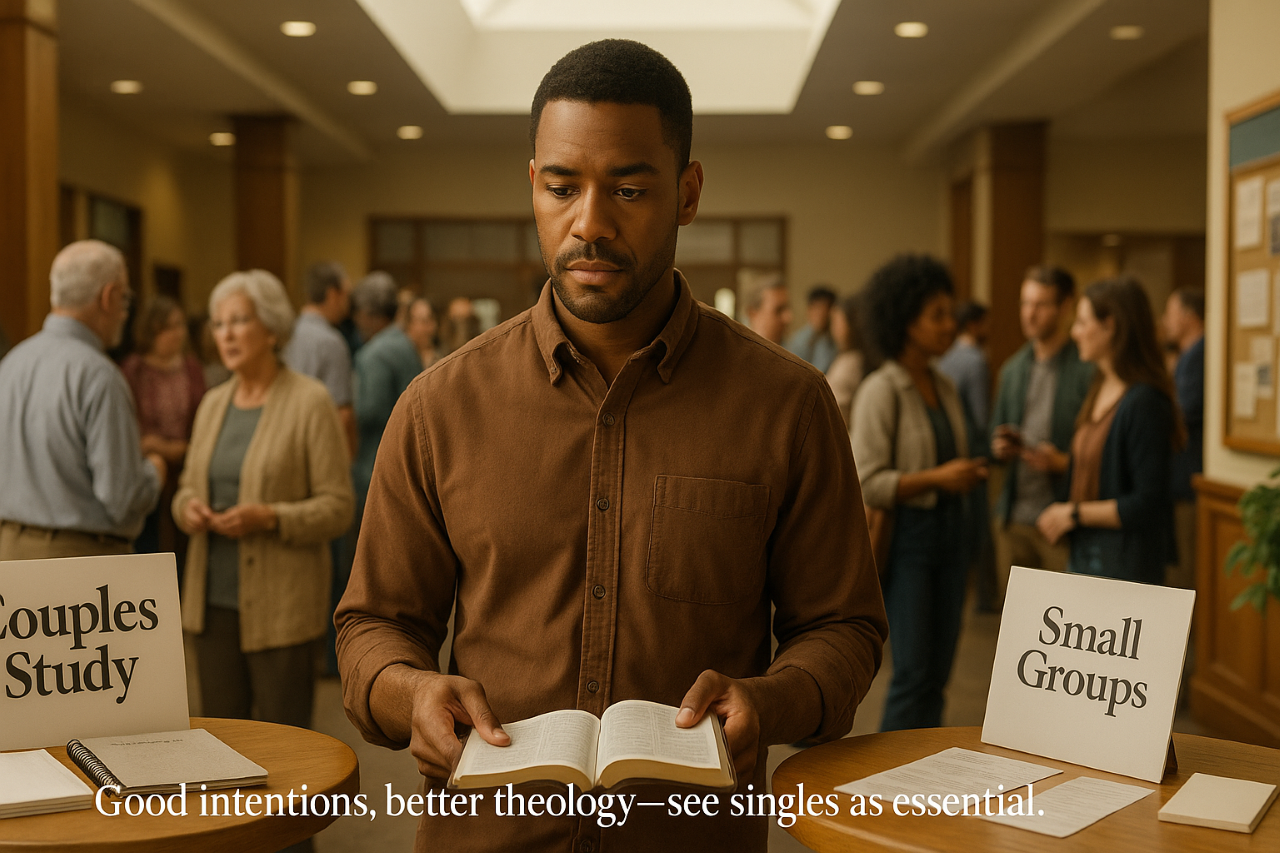 The church has not been static during these decades. Ministries multiplied for youth, couples, and families. Many congregations rightly honored marriage and parenting, but sometimes implicitly sidelined singles. In some places, “purity culture” strongly emphasized sexual boundaries (a good aim) yet sometimes implied that marriage is the reward for obedience, or that romance equals fulfillment. When marriage didn’t arrive on schedule, faithful singles could feel invisible, defective, or spiritually stuck.
The church has not been static during these decades. Ministries multiplied for youth, couples, and families. Many congregations rightly honored marriage and parenting, but sometimes implicitly sidelined singles. In some places, “purity culture” strongly emphasized sexual boundaries (a good aim) yet sometimes implied that marriage is the reward for obedience, or that romance equals fulfillment. When marriage didn’t arrive on schedule, faithful singles could feel invisible, defective, or spiritually stuck.
Other churches recovered a more biblical vision, highlighting Jesus’ and Paul’s celibate lives, celebrating missional availability, and building intergenerational communities where singles are not projects to be paired off but indispensable brothers and sisters. The difference has often hinged on whether a church sees singleness as lack or as a Spirit-filled vocation.
Key ecclesial takeaway: When the church imitates cultural idolatry of romance—or treats marriage as a spiritual upgrade—it misrepresents Scripture and burdens the single saints God calls complete in Christ (Colossians 2:10).
3) The Biblical Witness: Singleness Is Not Second Class
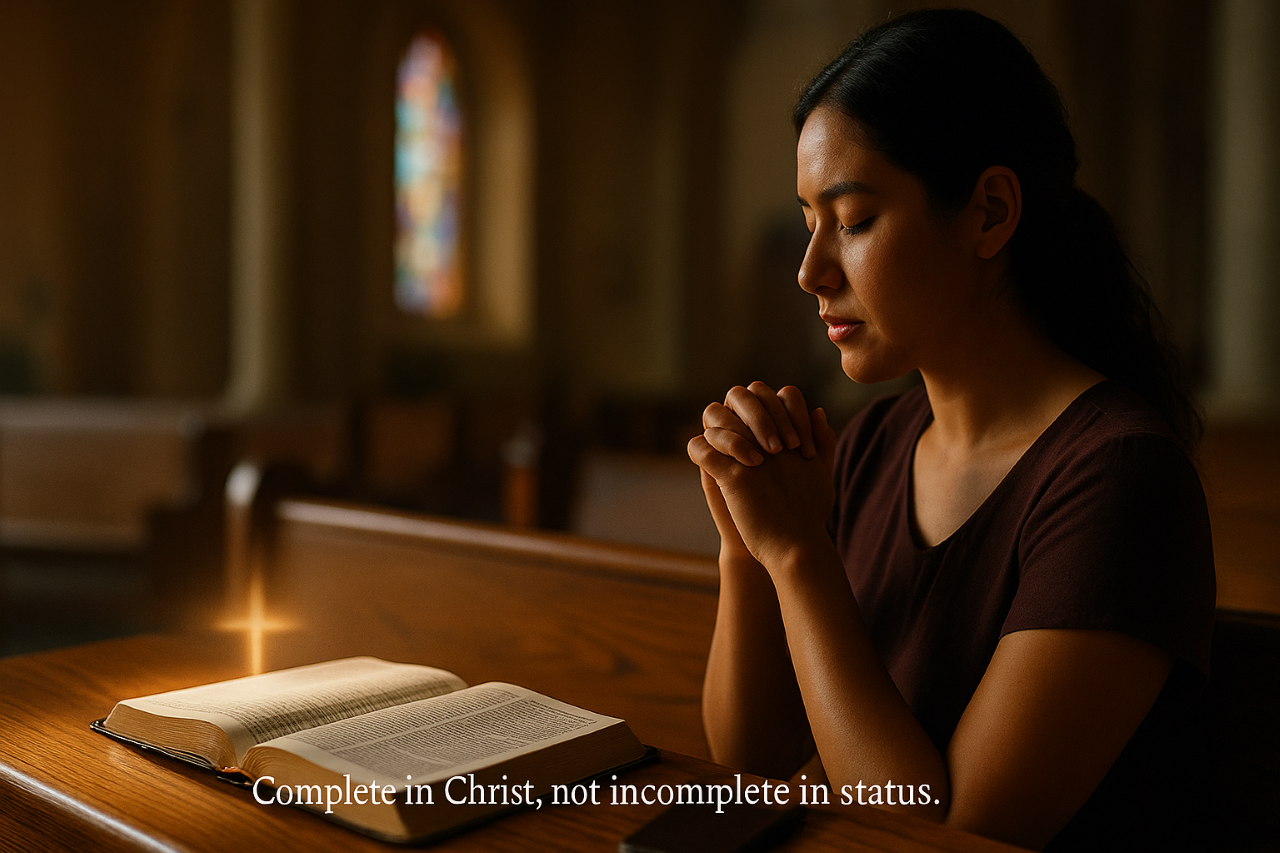 S.A.L.T. invites you to ground your view of singleness in the Bible, not trends. Consider a few anchors:
S.A.L.T. invites you to ground your view of singleness in the Bible, not trends. Consider a few anchors:
- Jesus lived fully human, fully obedient, and fully single. He lacked no intimacy with the Father (John 17:24–26) and loved His people perfectly (John 13:1).
- Paul taught that singleness can be a gift that frees a believer for undivided devotion to the Lord (1 Corinthians 7:7, 32–35). This isn’t anti-marriage; it’s pro-mission and pro-presence with Jesus.
- The Church is the primary family of God (Mark 10:29–30; Ephesians 2:19). Biological family is good; spiritual family is eternal.
- Calling and fruitfulness aren’t contingent on marital status. The Great Commission (Matthew 28:18–20) and the call to holiness (1 Peter 1:15–16) apply in every season.
Key biblical takeaway: In Scripture, your status in Christ—not your relationship status—defines your identity, purpose, and fruitfulness.
4) Five Cultural Myths—And God’s Better Word

Myth 1: “Singleness means something is wrong with me.”
Truth: You are “fearfully and wonderfully made” (Psalm 139:14). God’s timing is not a verdict on your worth. Your season is not punishment; it’s provision for specific work and intimacy with Him.

Myth 2: “Waiting ends when I marry.”
Truth: Every Christian waits—married or single—for the return of Christ (Titus 2:11–13). Singleness doesn’t suspend life; it locates your faithfulness. Today is the day to obey, build, create, and serve.
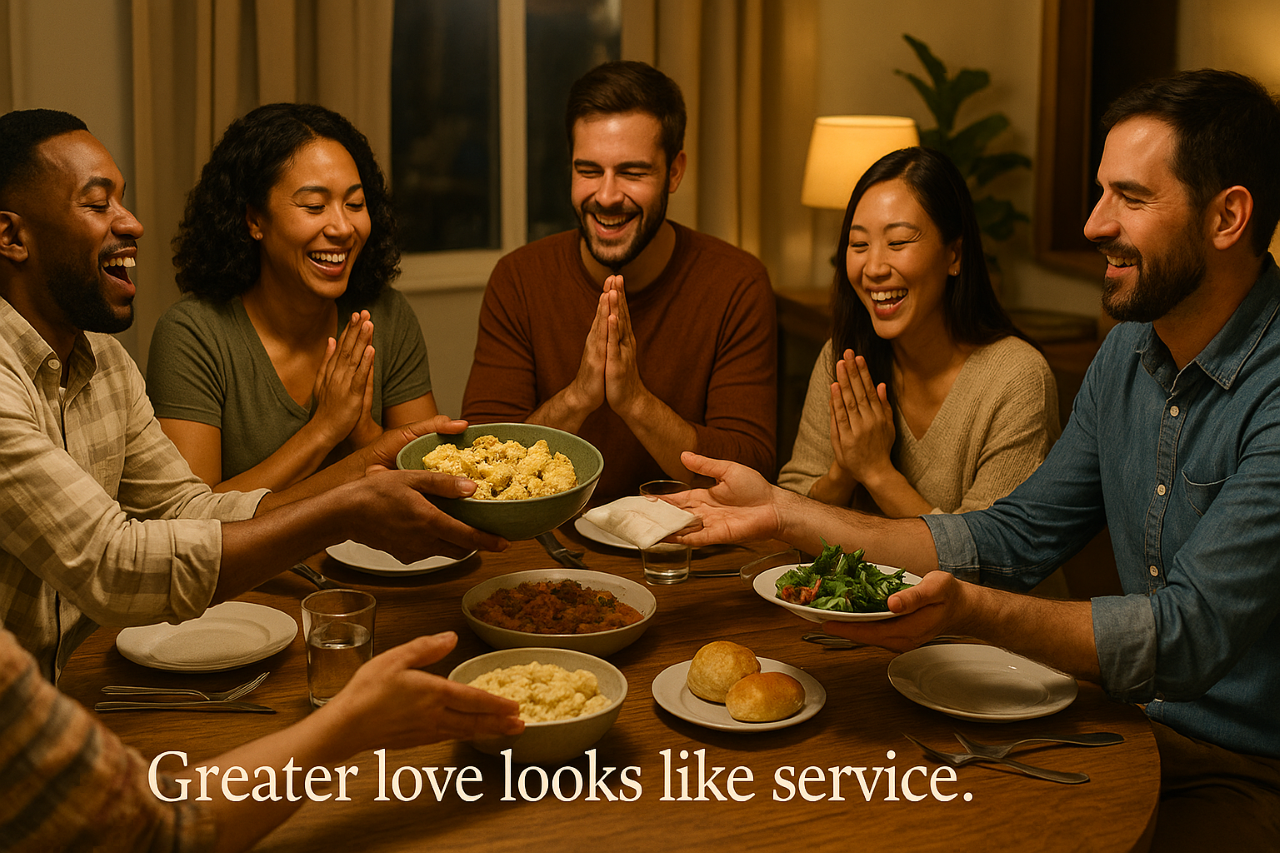
Myth 3: “Romance is the highest form of love.”
Truth: Scripture exalts covenant love and sacrificial friendship (John 15:13), family love in the church, and agape love to neighbors and enemies. Romance is beautiful, but Christlike love is broader and deeper.
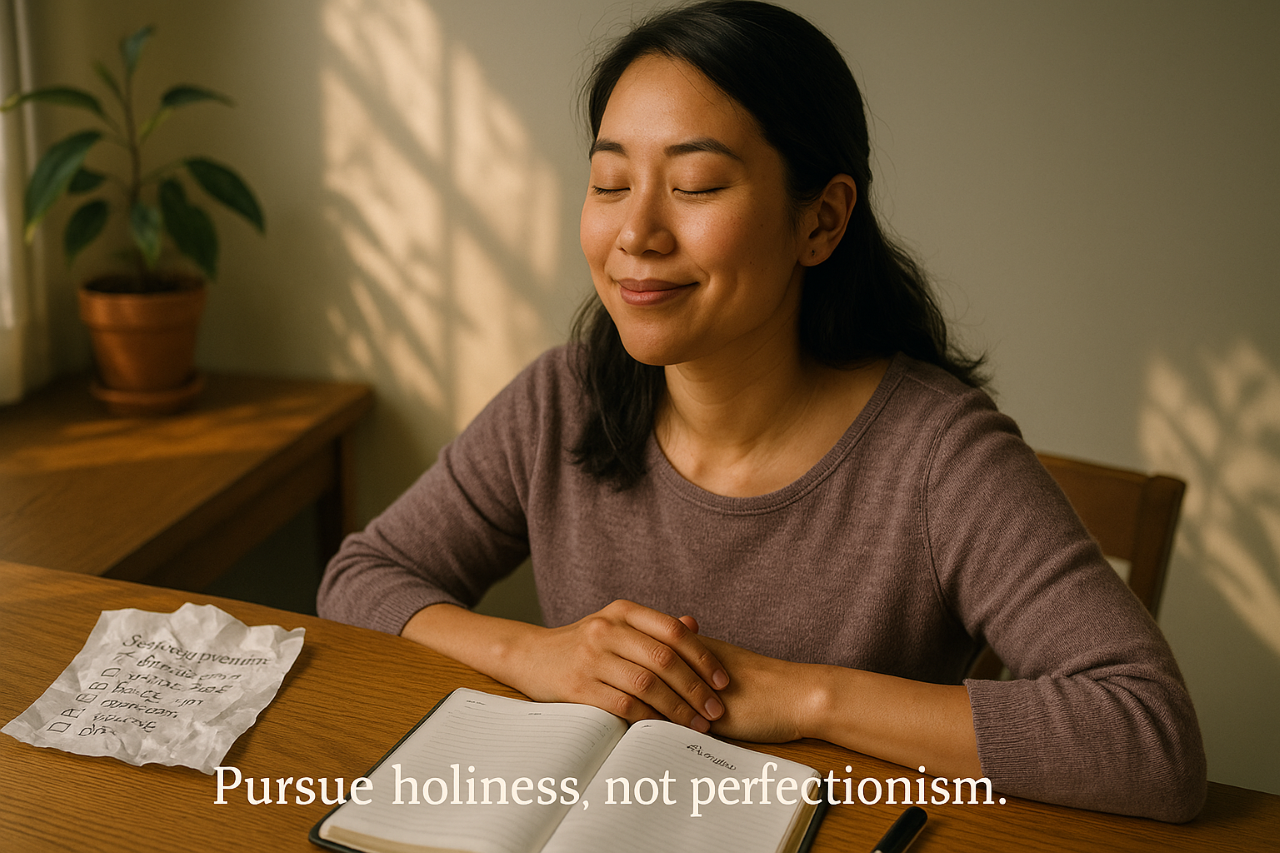
Myth 4: “I need to perfect myself before I’m worthy of marriage.”
Truth: Sanctification is lifelong (Philippians 1:6). We pursue holiness because we love Jesus, not as leverage for a future spouse.

Myth 5: “Singleness is a talent for a rare few; everyone else should escape it fast.”
Truth: Paul speaks of singleness as a gift—not in the sense of ease, but of grace for fruitful devotion (1 Corinthians 7:7). A gift can be temporary or long-term; either way, it’s empowered by the Spirit.
5) What Has Actually Improved—and What Hasn’t

What’s improved:
- Stigma has softened in many circles. You can pursue education, calling, and global mission without a spouse and still be seen as faithful and mature.
- Tools for community have expanded: small groups, online Bible studies, and global Christian networks can help you find fellowship beyond your zip code.
- Clarity about idols: As culture has loudly idolized self and romance, many believers have become more alert to counterfeits—and more eager to place Jesus at the center.
 What hasn’t improved (and sometimes worsened):
What hasn’t improved (and sometimes worsened):
- Isolation: Digital connection can mask a lack of embodied, accountable friendships.
- Commodification of dating: Swipe logic can condition us to evaluate people like products and to avoid the vulnerability covenant love requires.
- Comparison: Social feeds often amplify the lie that everyone else is arriving while you’re stuck.
S.A.L.T.’s response: We equip singles to cultivate rootedness—in Scripture, in a local church, and in rhythms that keep Jesus central—so technology and trends serve your discipleship rather than sabotage it.
6) A S.A.L.T. Framework for Thriving in Your Season

1) Scripture First:
Adopt a simple, repeatable study plan. For example, in 1 Corinthians 7, observe (what does the text say?), interpret (what did it mean for the original audience?), apply (what does obedient faithfulness look like this week?). Write insights and prayers. Expect the Spirit to speak.
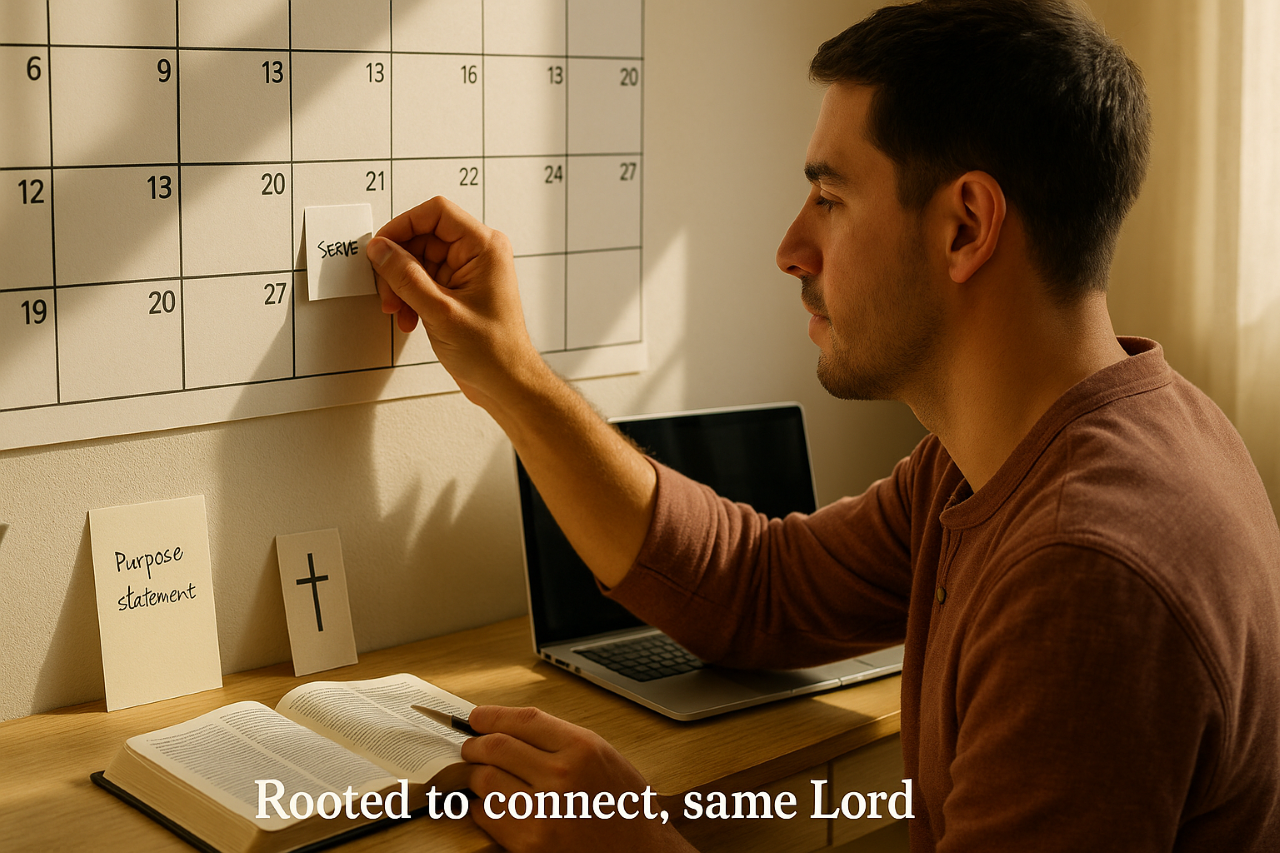
2) Purpose with Jesus, Not Apart from Him:
Create a short Purpose Statement for this season: “With the time and freedom I have, I will deepen intimacy with Jesus and serve His church by ______.” Review it monthly. Let calling steer your calendar.
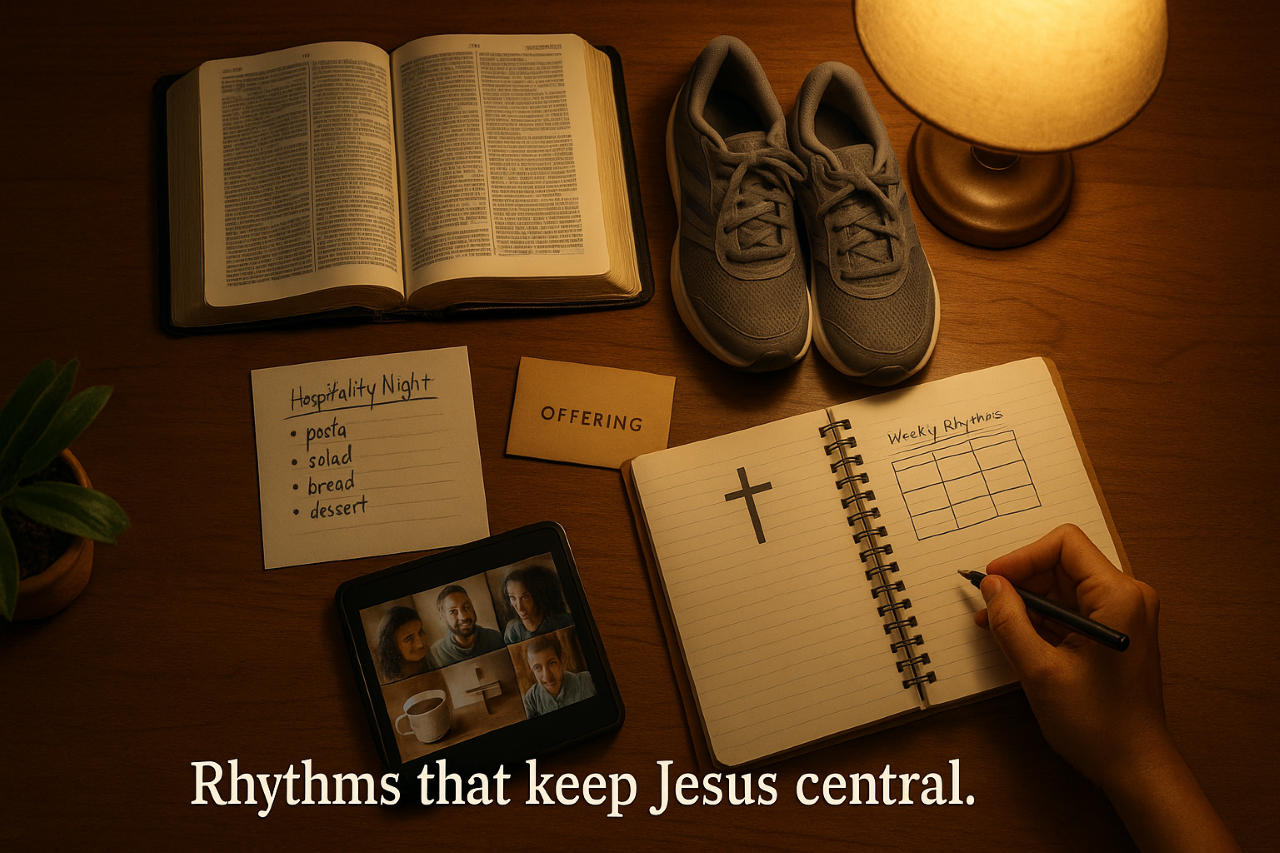
3) A Rule of Life for Singles:
- Daily: Scripture and prayer, movement, one act of encouragement.
- Weekly: Serve your church family; share a table with others; digital sabbath.
- Monthly: Generosity check; hospitality night; extended solitude with God.
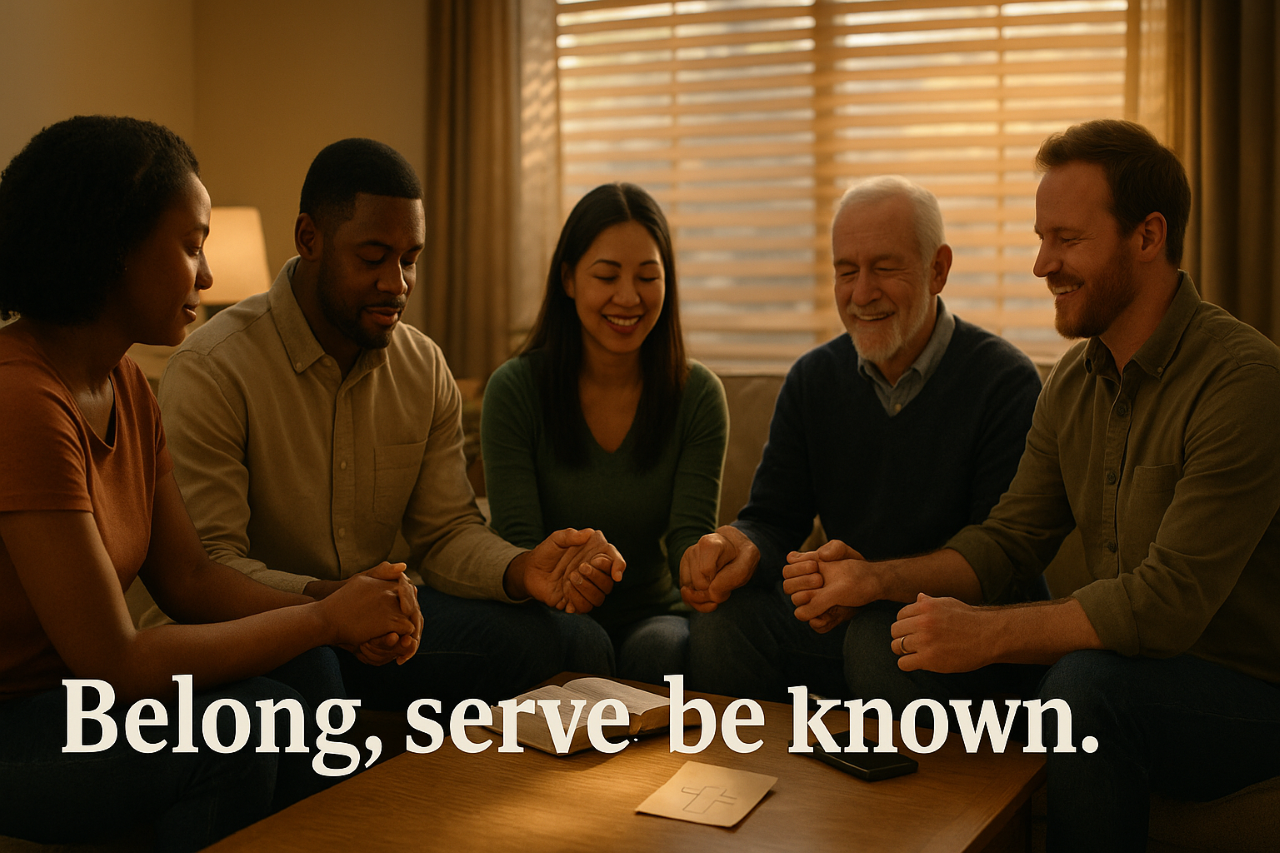
4) Covenant Community:
Pursue intergenerational friendships. Ask a married couple you trust to be your spiritual family. Mentor someone younger in the faith. Refuse the lie that your life is on pause—you are needed now.
 5) Dating as Discipleship (If You’re Dating):
5) Dating as Discipleship (If You’re Dating):
In the kingdom of heaven’s system, God is the One who puts the two of you together.
Even when you feel God is putting the two of you together, clarify non-negotiables (shared faith, character, teachability). Invite counsel from mature believers. Move at the pace of clarity, not chemistry alone.
Honor God with your body (1 Thessalonians 4:3–5). If a relationship clouds your devotion, pause and re-align.

6) Mission in the Margins:
Use your flexibility to serve: short-term mission, local outreach, caring for the overlooked in your church. Let your calendar be a canvas for the Great Commission.
7) The Bottom Line: A Countercultural Witness
In the last fifty years, culture swung from “marry quickly” to “optimize endlessly.” Neither script is big enough for the gospel. The Bible offers a third way: Christ at the center, whether married or single. Singleness is not a waiting room or a workaround; it’s a Spirit-assigned context for worship, growth, and impact. Your life is not on hold; it’s on mission.
 S.A.L.T. is here to walk with you—opening Scripture, asking better questions, and helping you build practices that align your heart with God’s heart. If you’re weary of voices that don’t share a Christian worldview, take courage: God has not overlooked your desires, and He has not wasted your days. In Christ, your identity is secure, your purpose is clear, and your season—right now—can be abundantly fruitful.
S.A.L.T. is here to walk with you—opening Scripture, asking better questions, and helping you build practices that align your heart with God’s heart. If you’re weary of voices that don’t share a Christian worldview, take courage: God has not overlooked your desires, and He has not wasted your days. In Christ, your identity is secure, your purpose is clear, and your season—right now—can be abundantly fruitful.
Next step: Start with 1 Corinthians 7 and Matthew 6:33 this week. Journal what you learn about devotion, contentment, and calling. Then share one step of obedience with a trusted friend. As you do, you’ll discover what S.A.L.T. teaches over and over: singleness, from God’s perspective, isn’t a deficit to fix—it’s a sacred assignment to live.
Set the Biblical Standard for Single Living!
Heading
To add this web app to your homescreen, click on the "Share" icon
![]()
Then click on "Add to Home"

To add this web app to your homescreen, click on the "Share" icon
![]()
Then click on "Add to Home"

It looks like your browser doesn't natively support "Add To Homescreen", or you have disabled it (or maybe you have already added this web app to your applications?)
In any case, please check your browser options and information, thanks!
It looks like your browser doesn't natively support "Add To Homescreen", or you have disabled it (or maybe you have already added this web app to your applications?)
In any case, please check your browser options and information, thanks!

What do you think about these views?